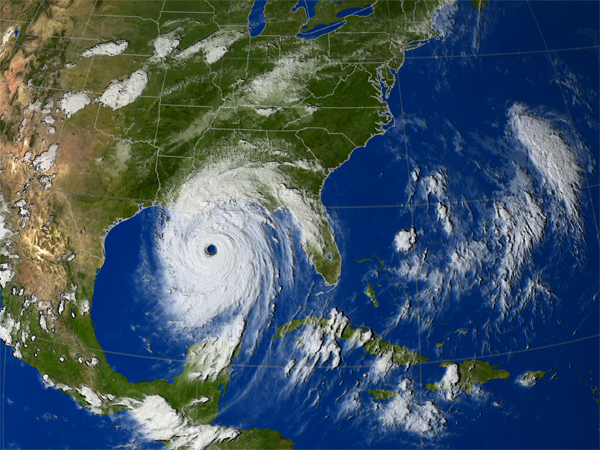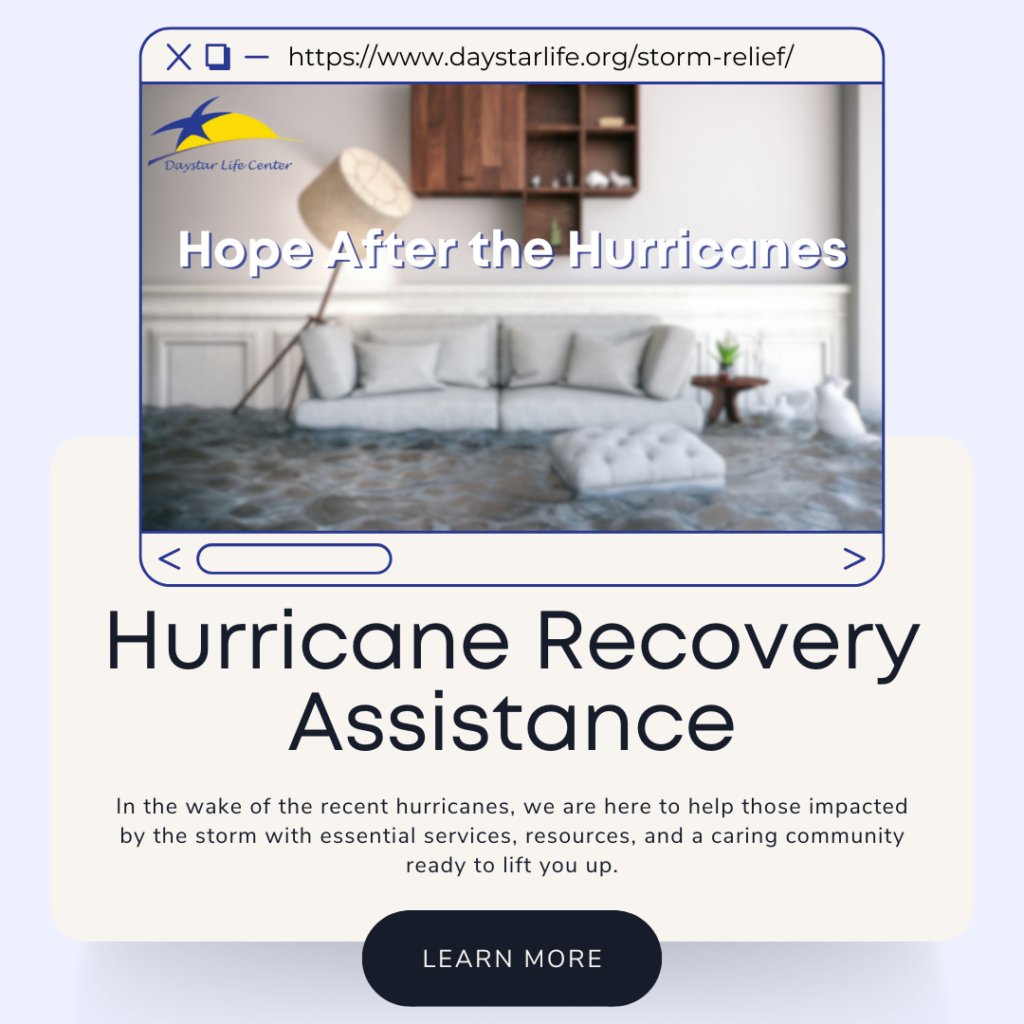By Shelley Klahs
Severe weather can strike anywhere in the United States, often with little warning. In Florida, this means being prepared for hurricane season, which runs from June 1 to November 1. Knowing how to act when a hurricane is approaching is crucial for your safety. This guide outlines essential steps for creating an emergency plan, building an emergency kit, and knowing what to do before, during, and after a hurricane.
Understanding Hurricanes
The National Oceanic and Atmospheric Administration (NOAA) defines a hurricane as a storm with sustained winds of at least 74 mph. Hurricanes also bring high winds, storm surges, and flooding, which require careful planning.
Preparing for a Hurricane
- Create an Emergency Plan:
- Know your evacuation routes and destinations.
- Regularly check Pinellas County’s website for updates and evacuation information: Pinellas County Emergency Information.
- Practice drills with your family to ensure everyone knows the plan.
- Notify extended family and friends about your plan and how to reach you.
- Build an Emergency Kit:
- Basic Supplies: Batteries, flashlight, whistle, eyeglasses, sunglasses, sunscreen, insect repellent, rain gear, matches, and dry clothing.
- Communication: Radio, cell phone, charger, backup battery, portable generator, and solar panel chargers. Keep electronic devices fully charged and have a list of emergency contacts.
- Medical Needs: Prescription medications, assistive aids (walker, cane, oxygen), first aid kit (Tylenol, bandages, rubbing alcohol).
- Food and Water: Non-perishable food, manual can opener, water filters, a gallon of water per person per day, sanitary products, resealable bags, and garbage bags.
- Special Considerations:
- For Kids: Toys, books, games, comfort items (pillow/blanket).
- For Pets: Immunization records, vet contact information, microchip details, current photo, food/water for two weeks, waste bags, crate, collar/leash, toys, and medications.
- Home Preparation:
- Seal windows and secure outdoor objects.
- Stack sandbag barriers if necessary.
- Ensure your vehicle has a full tank of gas and a paper map in case GPS is unavailable.
- Important Documents:
- Store documents in a waterproof container: cash, bank statements, identification documents (driver’s license, social security card, passport), family photos, military records, wills, power of attorney statements, and insurance documents.
- Keep an updated household inventory list with item details, model numbers, serial numbers, purchase dates, and photos.
During and After a Hurricane
- Follow local evacuation orders.
- Stay informed through reliable sources like NOAA and FEMA.
- After the storm, contact your insurance company to file claims for any property damage.
Useful Resources
By taking these steps, you can ensure your safety and that of your family during hurricane season. Stay prepared, stay informed, and stay safe.


